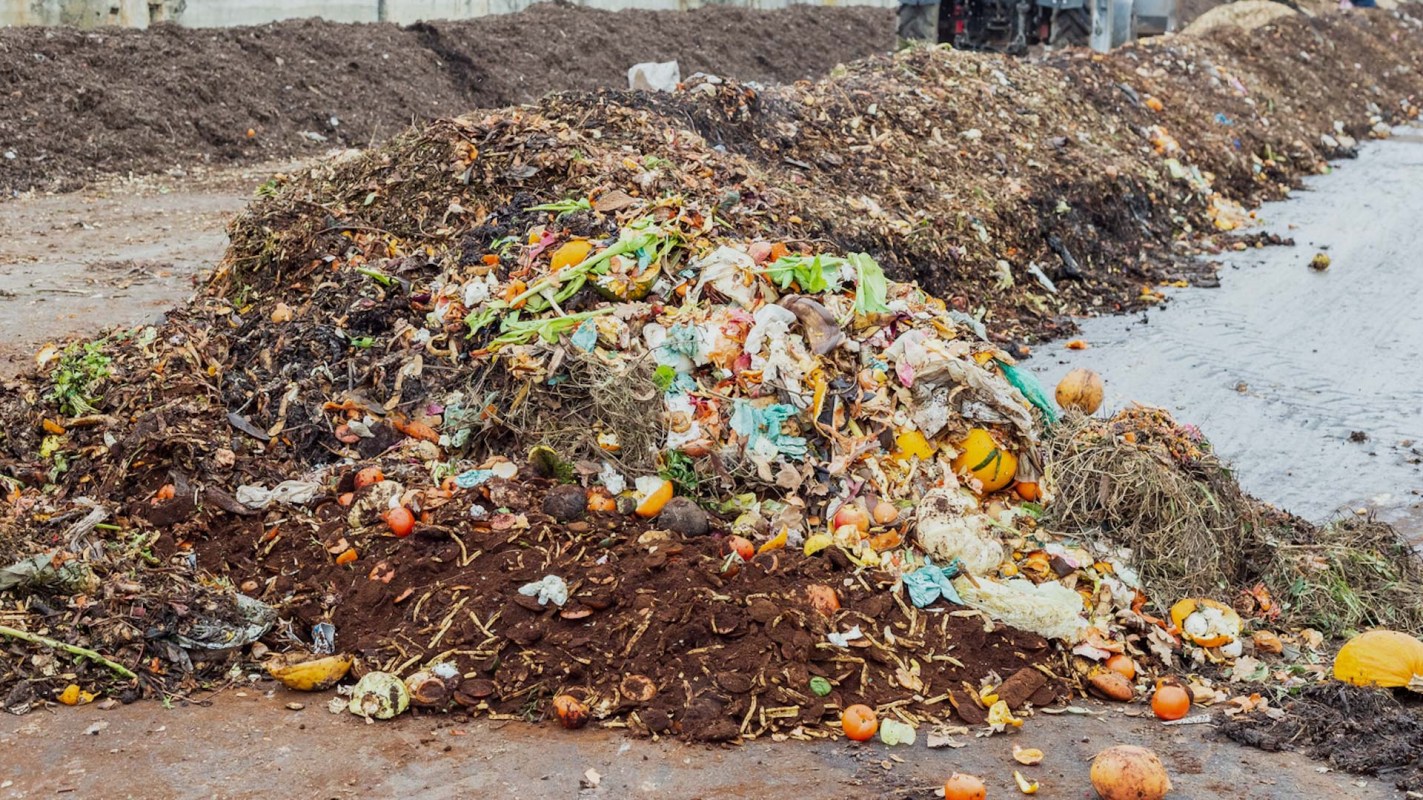A high-tech system for sorting household trash is shaking up the waste management industry in Minnesota, as the Star Tribune reported. Using artificial intelligence and robotic arms, the system looks like something straight from the movie Wall-E.
Like the robots in the movie, two robotic arms at the Ramsey/Washington Recycling and Energy Center help sort trash on a conveyor belt.
The system stands out, however, because it separates compost from trash, making trash and food scrap collection more accessible to residents. It's also a win for the planet since a separate truck doesn't have to collect the compost, reducing planet-warming pollution.
Called the Food Scraps Pickup Program, the "co-collection" model provides residents with special compost bags they can toss into their garbage cans. Garbage truck drivers pick them up and take them to waste facilities, where the futuristic system sorts and removes the compost, per the Tribune.
The facility uses a machine equipped with artificial intelligence to detect the food scrap bags. Once it identifies them, it notifies the robotic arms, which sort the compost into a separate pile. The food scraps then make their final journey to a commercial composter.
"We're probably one of the first communities with this size of a program to do it this way," Sam Holl, the Ramsey/Washington Recycling and Energy Center facility manager, told the outlet.
He said that the facility plans to use the food scraps to create biogas — a renewable energy source — through anaerobic digestion in the future.
Curbside composting programs are cleaning up locations worldwide, from New York City to France. Composting is an excellent way to reduce the overheating of our planet and keep food out of landfills, where it decomposes and produces harmful heat-trapping gases.
If you don't have a citywide composting program where you live, it's easy to get started with your own personal composter at home. Better yet, eliminating food waste by keeping food fresh longer and getting creative with your leftovers can reduce the amount of food entering waste facilities and landfills.
🗣️ When you're buying a kitchen appliance, which of these factors is most important to you?
🔘 Price 💰
🔘 Safety 🦺
🔘 Effectiveness ⚡
🔘 Style and appearance 💎
🗳️ Click your choice to see results and speak your mind
The program is offered to residents of four Minnesota cities: Maplewood, North St. Paul, Cottage Grove, and Newport. However, it's expected to be available to all Ramsey and Washington County residents eventually.
Sam Ferguson, program coordinator for communications and outreach, told the Tribune she hopes to see more people sign up for the program.
"The higher the participation rate is of people sending food scraps, the better our technology gets," she said.
Join our free newsletter for easy tips to save more, waste less, and help yourself while helping the planet.









